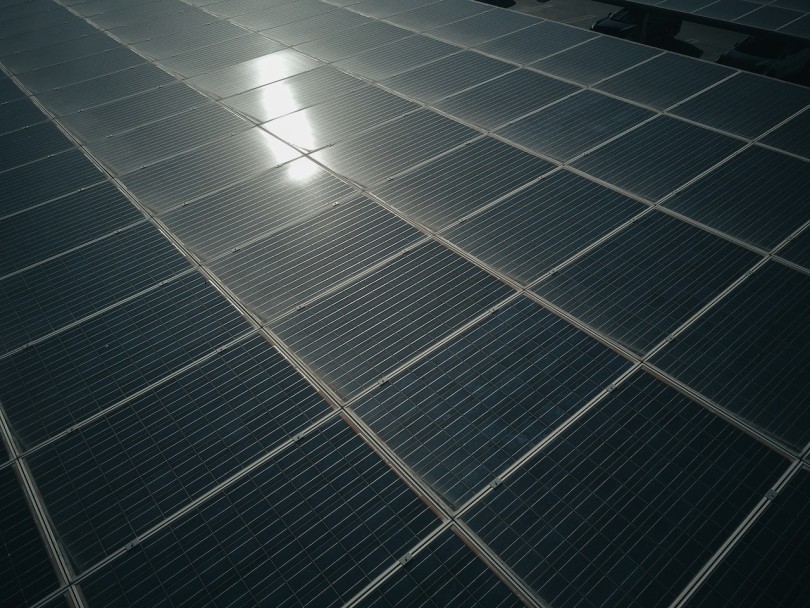3 Innovations from the International Horticultural Expo.
29 Apr 24
Enviro ChatThe Global News Source for the World of Science and Chemicals
30 September 2022
Enviro Chat
As a country blessed with vast reserves of oil and gas, the UAE has built its immense stores of wealth from the fossil fuel industry. However, concerns over the environmental impact associated with a continued reliance on these power sources has prompted the Emirati government to diversify its economic and energy portfolios over recent years.
Nowadays, petroleum accounts for just 30% of the country’s GDP and it is investing substantial sums in building up its renewable energy production capabilities. Nonetheless, oil and gas are still expected to play a major role in guaranteeing energy security around the globe for the foreseeable future, especially among the developing world. As such, achieving net-zero requires a transition rather than a switch.
This summer has seen unprecedented heatwaves sweep across much of the world, with many European countries recording their highest ever temperatures and suffering devastating wildfires which have decimated forested areas. It’s now largely agreed by the international community that climate change – caused principally by anthropogenic activity – is to blame.
As such, we must take steps to move away from the activities and industries which are causing this existential threat to human survival. Fossil fuels are chief among them, so it makes sense to transition towards cleaner sources of power, such as solar, wind and wave. Having said that, it will take time, effort and significant investment to achieve a net-zero tomorrow.
The tragic irony of the current situation is that those countries in the southern hemisphere that are likely to be most severely impacted by climate change (in Africa, Asia and Oceania, for example) are those which have contributed least to the crisis. Instead, Western nations have leveraged fossil fuels to engineer their development and amass their wealth, polluting the planet in the process.
So while it makes sense for these countries to take more immediate action in decarbonising their energy industry, the same cannot be said of the impoverished world. Indeed, it’s unreasonable to expect nations who have neither the funds nor the infrastructure to skip straight to clean technologies without the relevant financial support and assistance from the developed world.
In lieu of that absent support, the UAE and other OPEC nations are on hand to meet the world’s demand for energy – especially at a time of international crisis like the one engendered by the Russian invasion of Ukraine. “It's not a switch. We're not ready yet. And oil and gas will still be part of the energy mix for some time,” explained Mariam Almheiri, the UAE’s Minister for Climate Change and Environment.
“We don't have water... so as long as the world needs oil and gas we will provide.” At the same time, the country will not lose sight of its objectives with regards to sustainability and it continues to invest heavily in those going forwards. “We are ramping up our renewables because we have targets of where we want to reach, and we are decarbonising our oil and gas,” said Almheiri.
DOWNLOAD PDF

2 Day Seminar Program
@ ArabLab+ 2024
24 & 25 September 2024
22 Apr 24
Lab ChatYour stay in Dubai
Labkit
Product News
Chemkit
Product News
Thinking about exhibiting at ARABLAB 2024? Watch our video to find out more.
Join the world’s leading organisations…
Join our mailing list and receive the ARABLAB newsletter and event updates.